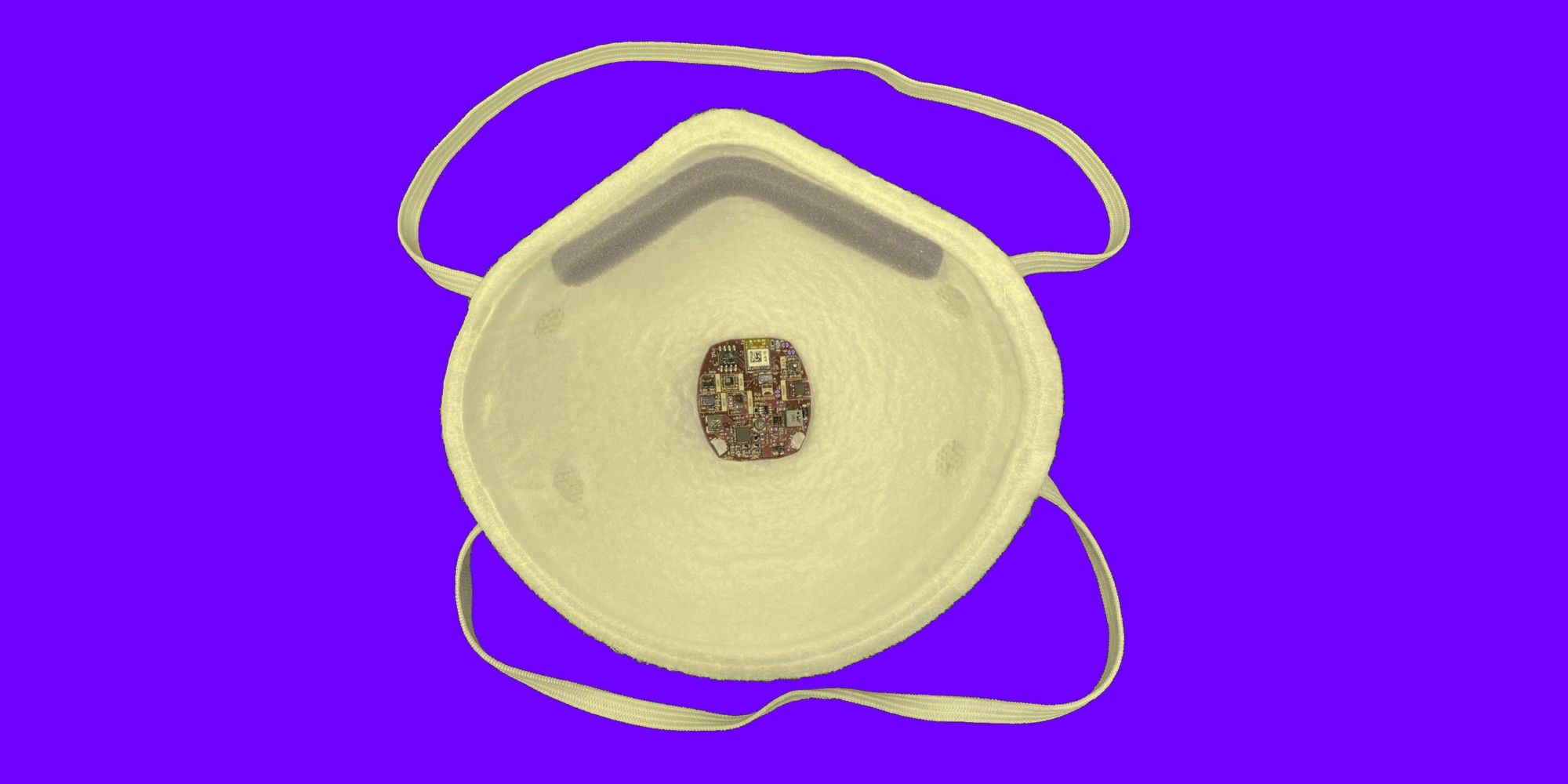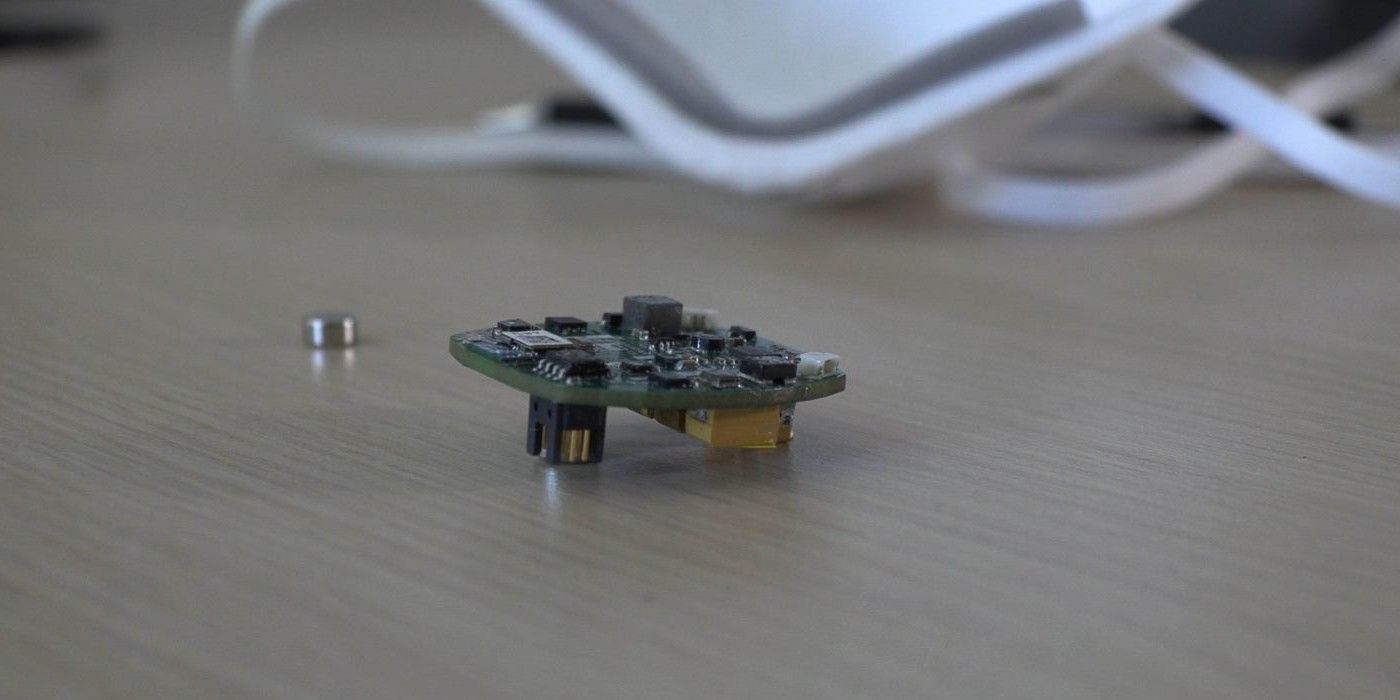A team of engineers have designed a sensing module that can turn an ordinary face mask into a smart mask capable of measuring heart rate, respiration rate, and even the fit to reduce the chance of infection. There’s been no dearth of ‘smart mask' solutions since the coronavirus pandemic started, with many companies looking to put a tech spin on their offerings. For example, LG recently started selling a battery-powered mask that can also purify the air.
Another product that was announced in 2020 was the C-Face Mask which also doubled as a language translation device. Then came the RGB-loaded Razer Zephyr mask, later followed by the Pro version. The likes of Apple also jumped in with mask kit for employees. However, the smart mask tech trend hasn’t really proved to be accessible so far, and doesn’t hold much mass-market potential either.
A team from Northwestern University have now created a smart sensor that essentially turns any mask into a fitness-tracking smart mask. The team open-sourced the project, inviting interested parties to commercialize the extremely promising tech. The sensing hub can be magnetically attached to any type of N95, cloth, or surgical face mask. As for its capabilities, it is said to be able to measure the respiration rate, heart rate, and the time spent wearing a mask. Similar to the Apple Watch, it can also alert users when abnormal heart rate activity is detected via a notification in the companion smartphone app.
Aiming For A Battery-Free Future
The FaceBit name and “Fitbit for the face” reference sound quite fitting. “Your heart is pushing a lot of blood through the body, and the ballistic force is quite strong,” said project lead Josiah Hester. Adding, We were able to sense that force as the blood travels up a major artery to the face." There’s a tiny battery that keeps the sensing hub ticking, but the team hopes that it will eventually be able to harvest energy from other sources, such as the force of the user’s breathing, the motion and heat generated by the user’s breath, and even solar energy. The data it collects can also be used to detect fatigue metrics, overall physical health status, and even the emotional state of the person wearing it.
The sensor is touted to be capable of detecting even imperceptibly small head movement and the ballistic force of the heart pushing blood in the arteries, especially those across the face. If a person is under stress and triggers a response such as rapid breathing, heart rate, or spiking ballistic force in arteries, the sensor will process all that information and offer advice like going for a walk or taking deep breaths to calm down. Another cool feature is that the sensor can alert when the mask fit has loosened. Frontline workers currently have to go through a cumbersome fitting test to make sure that their mask hasn’t lost its grip, which increases the risk of COVID-19 infection. FaceBit still needs to undergo clinical trials and validations, but the team hopes that it will emerge as a convenient and sustainable face mask-based health monitoring solution, especially for frontline workers.
Source: Northwestern University


